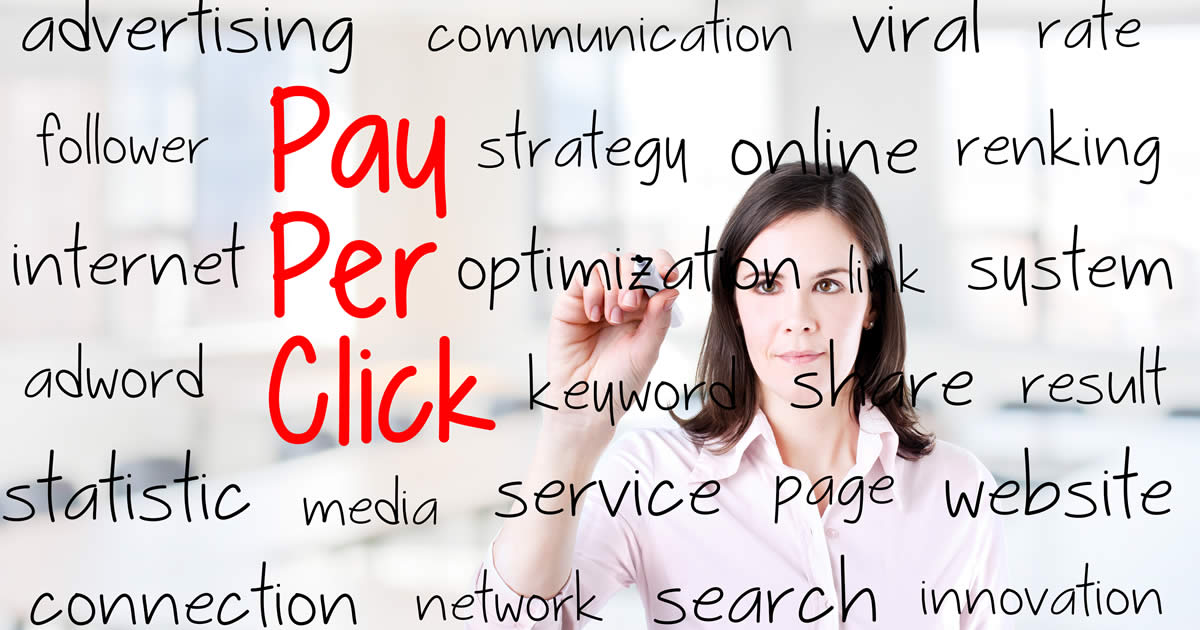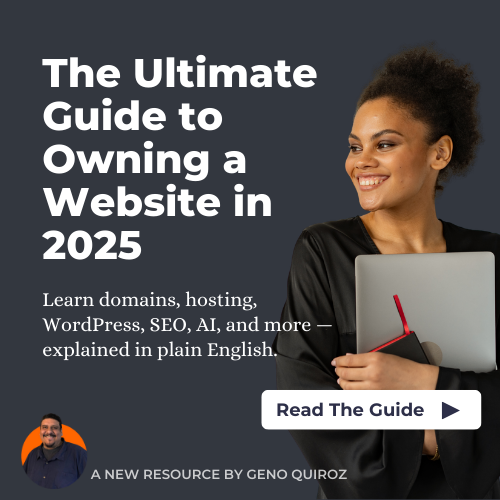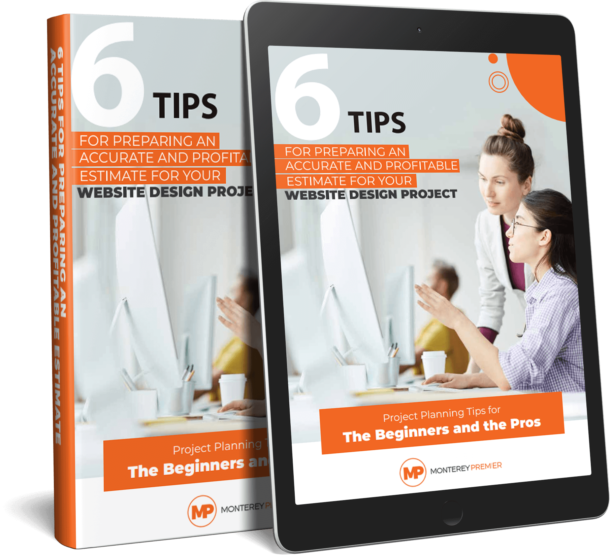Today, traffic is one of the most important factors for any online business. In order to maximize their profits, successful businesses have to rely on Search Engine Optimization (SEO) and Pay Per Click (PPC) to get more traffic. While both forms of advertising have the same motive, there are notable differences between them in the ways of achieving these goals. So let’s look at some of the differences, pros, and cons of both PPC and SEO to help you make a choice which one is better for your marketing campaign.
How SEO Works?
SEO targets organic search results, helping you rank higher for certain keywords through different means of optimization. With a lot of effort invested in keyword research and high-quality content, it’s possible to get to the first page of the SERP for certain keywords, which means sustained traffic for your website. However, while SEO is free, that only means that you won’t be the only one utilizing it. Chances are that all of your competitors will be using SEO effectively, so you’ll need to do it better than them and be consistent with your content. SEO takes time to kick in, so it’s not a good option if you don’t have the time and need an instant fix.
How PPC Works?
PPC, or paid search, is the type of advertising that can guarantee you to reach the top of the SERP’s on Google and other search engines. Unlike SEO, you don’t have to do anything except to offer money through bidding for your ads to appear labeled as “sponsored”. You’ll also be paying for every click that goes through this way, even if they don’t convert to customers. You’ll get an instant and measurable increase in your traffic, so you’ll know exactly what kind of a return investment you’re getting. There are plenty of PPC tools you can use to get you started with PPC, including Google AdWords and Facebook Promotions.
So Which One to Pick? Depends on Your Budget
When choosing between the two methods, you should first decide how much of a marketing investment can your business support. If you can afford a daily spending minimum of about 10$ to 20$ that’s a good start. If you can’t afford any money, you’ll want to stick to free SEO methods. However, investing even a little capital into PPC advertising can give you a couple of big benefits.
-
Quicker and more efficient testing – Since online businesses actually focus on achieving conversion, it’s important that they actively test website variables in order to get better conversion rates. However, tests like these demand sufficient traffic in order to get accurate data, so getting it through PPC offers much faster results than waiting for SEO to kick in.
-
PPC isn’t vulnerable to algorithm updates – The biggest drawback of SEO is that search engine algorithms change every now and then, leading to drastic changes in rankings. Websites that were optimized for an older algorithm can lose a significant amount of traffic overnight, which doesn’t bode well for their profits. PPC, since you’re paying for traffic, guarantees a steady income of visitors, regardless of any changes the Big G or other search engines make.
Keep in mind that PPC management has a learning curve and that the more proficient you get in it, the bigger the gains will be. That’s why you’ll probably want to start with a highly targeted campaign and keep it small for the time being. Also, make sure to always connect your PPC campaign to a Google Analytics account, as it will let you know which conversions came from your PPC campaign and if your return investment is positive or not.
Cost Per Click – What are the Prices in your Industry?
CPC, or cost per click, is a fee that the business owners are willing to pay for one keyword click. You can check the prices (average bids, to be exact) for any of the desired keywords through Traffic Estimator Service in Google AdWords. So if a certain keyword is really contested, the prices will go up – because that keyword is likely going to bring more traffic to any highest bidder. However, if you go for a much more targeted audience, the average CPC is likely to fall down a lot.
So for example, instead of bidding for a keyword “Fast food” you’ll go and bid for a cheaper keyword, like “after hours pizza delivery Denver”. High prices make it impossible for smaller businesses to turn a profit from PPC, so in those cases, you should just go with SEO instead.
How Competitive are Your Keywords in Search Engines?
Basically, you’ll want to do the same thing you did for CPC here and check how competitive the Search Engine Page Result Pages (SERPs) are for your keywords. Short keywords will always be dominated by bigger businesses, so you should aim for long-tail keywords. However, even these can be highly contested in some of the most competitive industries, so if that’s the case it may be a better option to go with the PPC and pay for guaranteed traffic.
Conclusion
Both PPC and SEO have their pros and cons, so it’s ultimately up to you to decide which one’s a better fit for your business. SEO offers sustained traffic over longer periods of time for free, while PPC guarantees that you’ll get on the first page instantly because you’re paying for it. It’s worth mentioning that a good combination of both SEO and PPC can be really powerful, so it’s not always needed to make a choice and go with the one option only.
featured image credit: depositphotos.com
Helen Bradford is a literature enthusiast who constantly seeks new ideas to write about. She is a marketing consultant at Supereasy Storage company in Geelong and likes to spend her spare time doing fitness and traveling.





